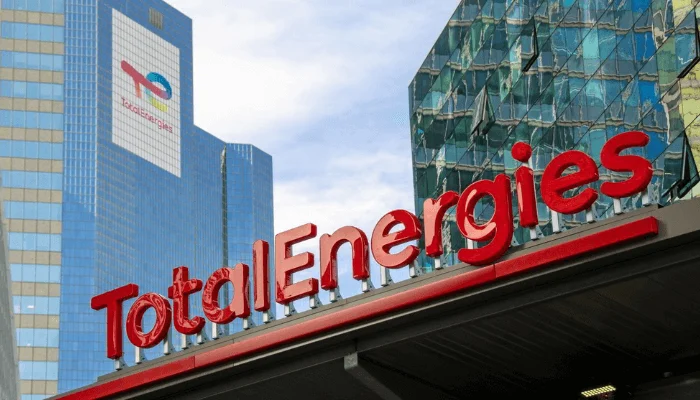The Nigerian National Petroleum Company Limited (NNPCL) has announced a significant increase in national gas production, reaching 7.581 billion standard cubic feet per day (bscf/d) in June 2025. This represents a marginal but notable rise from 7.352 bscf/d recorded in May 2025, as detailed in the company’s official monthly financial and operations report.
This increase demonstrates Nigeria’s ongoing commitment to maximizing its vast natural gas resources, particularly amid global energy transition demands and decarbonization pressures. According to NNPCL, the June figures highlight continued resilience in the country’s upstream activities despite persistent challenges across the oil and gas sector.
In terms of gas commercialization, sales volumes climbed to 4.742 billion mmscfd in June, compared to 4.698 billion mmscfd in May. This growth underlines Nigeria’s strategic focus on enhancing domestic gas utilization and expanding exports through major infrastructure projects such as the Ajaokuta–Kaduna–Kano (AKK) pipeline and Obiafu-Obrikom-Oben (OB3) linkage systems.
Conversely, crude oil and condensate sales fell to 21.68 million barrels in June, down from 24.77 million barrels in May, reflecting market volatility and operational disruptions during the review period.
Despite these challenges, notable operational milestones were achieved. The AKK Gas Pipeline River Niger Crossing was successfully completed, marking a major advancement in one of Nigeria’s most strategic energy infrastructure projects. Additionally, technical reviews are ongoing for the OB3 River Niger crossing segment, with NNPCL applying lessons from the AKK crossing to accelerate delivery.
Fuel availability also improved significantly at NNPC-owned retail stations, rising to 71% in June from 62% in May, driven by sustained logistics interventions and increased product supply to inland depots.
Financially, NNPC posted a profit after tax of ₦905 billion in June alongside a total revenue inflow of ₦4.571 trillion, indicating robust financial performance amid sector reforms and revenue diversification initiatives.
This report underscores the strategic importance of gas development to Nigeria’s economic diversification, industrialization, and energy security objectives. NNPCL reiterated its commitment to transparent reporting, infrastructure modernization, and long-term energy sustainability as it transitions into a fully commercial entity under the Petroleum Industry Act (PIA).
Overall, this gas performance update sends a strong signal to domestic and international investors about Nigeria’s evolving energy potential, reaffirming NNPCL’s role as a central pillar in the country’s ongoing energy transformation journey.




